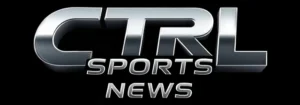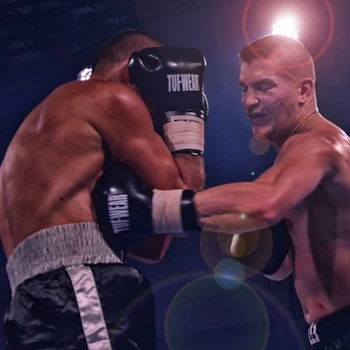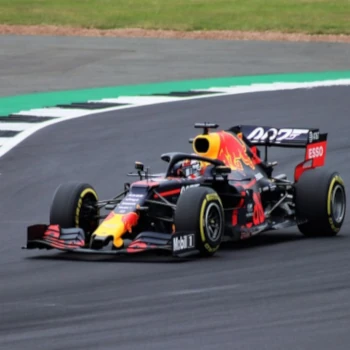
🔥 Ultimate UFC Luxury Watch! 🔥
Stand out at any fight night or party
with this bold, stylish timepiece.
Helio Castroneves and Trackhouse Racing have already secured one of these OEPs, which means that if Castroneves doesn’t qualify based on speed or in the Duel races, he still gets to race in the Daytona 500 which has sparked a lively debate among motorsports journalists, with notable figures like Jeff Gluck and Jordan Bianchi weighing in on the implications of such a rule change.
The Pros and Cons of the New Rule
Bianchi expressed mixed feelings, recalling the drama surrounding Fernando Alonso’s failed attempt to qualify for the Indianapolis 500. He noted that it showcased the difficulty of the sport, enhancing the prestige of IndyCar. The question remains, will this new rule dilute the competitive spirit of NASCAR’s biggest race? It’s almost like giving a kid a participation trophy.
Gluck, however, expressed more scepticism about the necessity of this rule, arguing that it undermines the essence of the Daytona 500. He pointed out that since qualifying returned post-pandemic, no other races have sent drivers home. He argued that this exemption could detract from the excitement and heartbreak that comes with qualifying, which is an integral part of the Daytona experience. After all, who doesn’t love a good underdog story?
Historical Context and Future Implications
Historically, the Daytona 500 has been known for its cutthroat competition, where only the best drivers secure their spots. Critics of the new rule worry that it may open the floodgates for more exemptions in the future, potentially undermining the integrity of the sport. If the goal is to attract new talent, is NASCAR inadvertently compromising its own legacy? As fans, we can only wait and see how this unfolds at the Daytona 500.
In conclusion, while the OEP may seem like a safety net for drivers, it could potentially create more confusion and controversy than it resolves. What are your thoughts on this new rule? Is this change a necessary evolution for NASCAR, or does it risk undermining the very essence of the Daytona 500? Let us know your thoughts in the comments!






